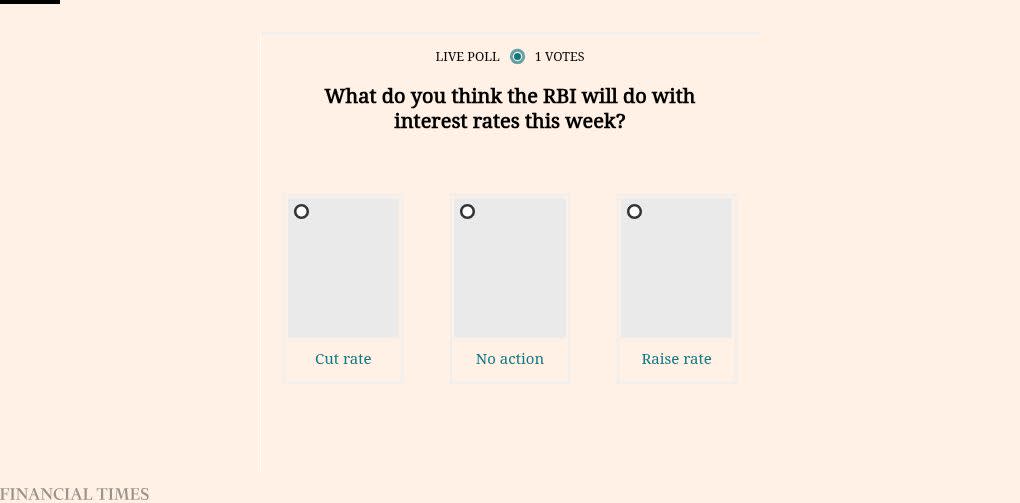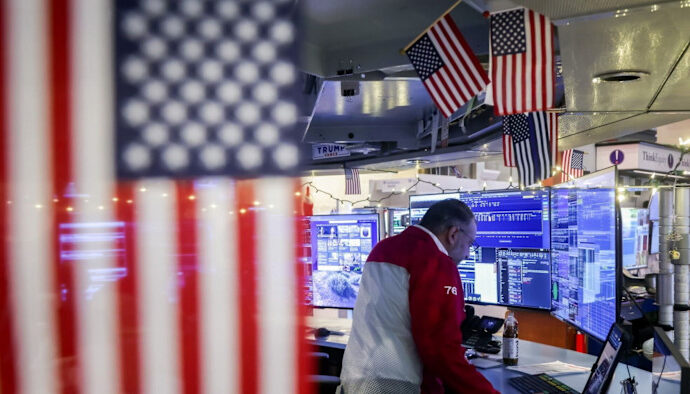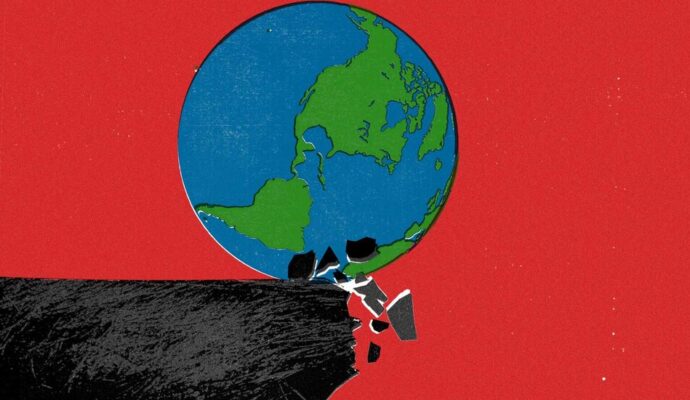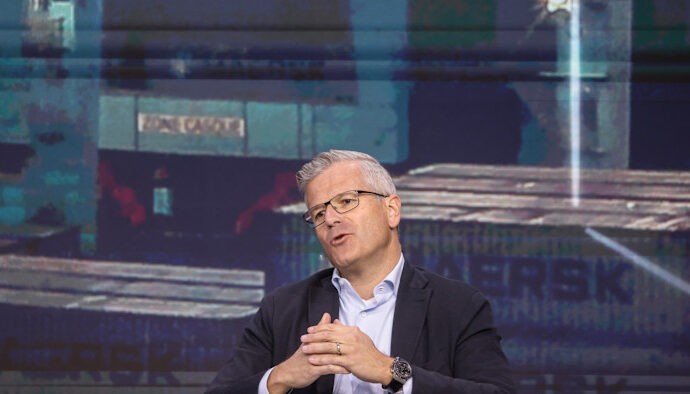Good morning. It promises to be a busy week. There is no clear indication what the Reserve Bank of India will decide in its interest rate announcement tomorrow. Donald Trump’s renewed threats yesterday to “substantially” raise tariffs on India over its purchases of Russian oil will no doubt influence rate-setters, as will the lack of economic green shoots, which we discussed in last week’s newsletter.
Trump’s move not to “chicken out” of tariffs this time has raised several questions for Indian exporters. Will they get any government sops to cover the extra cost? What will happen to industries such as garment manufacturing, which are now uncompetitive in comparison with our neighbours Bangladesh and Pakistan? And what about electronics manufacturing, which has been counting on companies implementing a “China plus one” policy? We’ll wait for the dust to settle and take stock.
Join 250+ policymakers, industry executives and investors at the Energy Transition Summit India on September 16 and 17 in New Delhi. Register for a free digital pass here or enjoy 10 per cent off your in-person pass here.
Tata Motors bets big
In a major play to open up the European market, Tata Motors is acquiring the commercial vehicles business of Italy’s Industrial Vehicles corporation, popularly known as Iveco.
The all-cash deal will cost the Indian automaker a whopping $4.36bn, significantly higher than the $2.3bn it paid in 2008 for its last big acquisition, Jaguar Land Rover. Tata Motors is using a bridge loan of $4.5bn, underwritten by Morgan Stanley and Mitsubishi UFG, and then plans to raise about $1.4bn in equity to repay part of it. The deal is conditional on Iveco’s separation of its defence business, which it is selling to Italian group Leonardo.
The massive amount of debt that Tata Motors is taking on has investors worried, and the stock has shed 6 per cent since the deal was announced. In a call with analysts, senior executives attempted to allay these fears, describing it as a meaningful, large acquisition in which both companies have agreed to build a business of “size and scale”. Tata estimates the deal will bring in more than $25bn in revenue from Europe, India and the Americas.
Tata is making a bold move. While the commercial vehicle segment contributes 18 per cent of its revenues, sales volumes have been decreasing. For the immediate future, analysts worry that a slowdown in Europe and the US and Trump’s tariffs will hit revenues. Much as we might be tempted to analyse the deal based on the current business environment, it will take at least three or more years for the real impact of the deal to be clear.
Because it is hoping to raise equity to pay for some of the debt, the immediate challenge for Tata Motors will be to convince the market that the deal really is good for the company. But the company has had . . . let’s call it, a “troubled history”, with its past acquisitions. JLR, for example, cannot really be described as a major win, with the brand dogged by a drop in global demand and continued pressure on its margins. In the recent call, Tata executives said they had learned from their past experience and that this opportunity was too good to pass up. The big question is whether the company has bitten off more than it can chew with Iveco.
Do you think this is a good deal for Tata Motors? Hit reply or email me at indiabrief@ft.com
Recommended stories
Sebi has called for “structural reform” of the derivatives market after the Jane Street probe.
Tesla’s board has awarded $30bn worth of shares to Elon Musk.
Tariffs have forced manufacturers to rethink their “China plus one” strategies. Here’s why.
Wall Street and Silicon Valley ride high, even as tariffs hit Main Street.
Pilots are calling for support on mental health instead of suspicion.
Ambani is in the soup
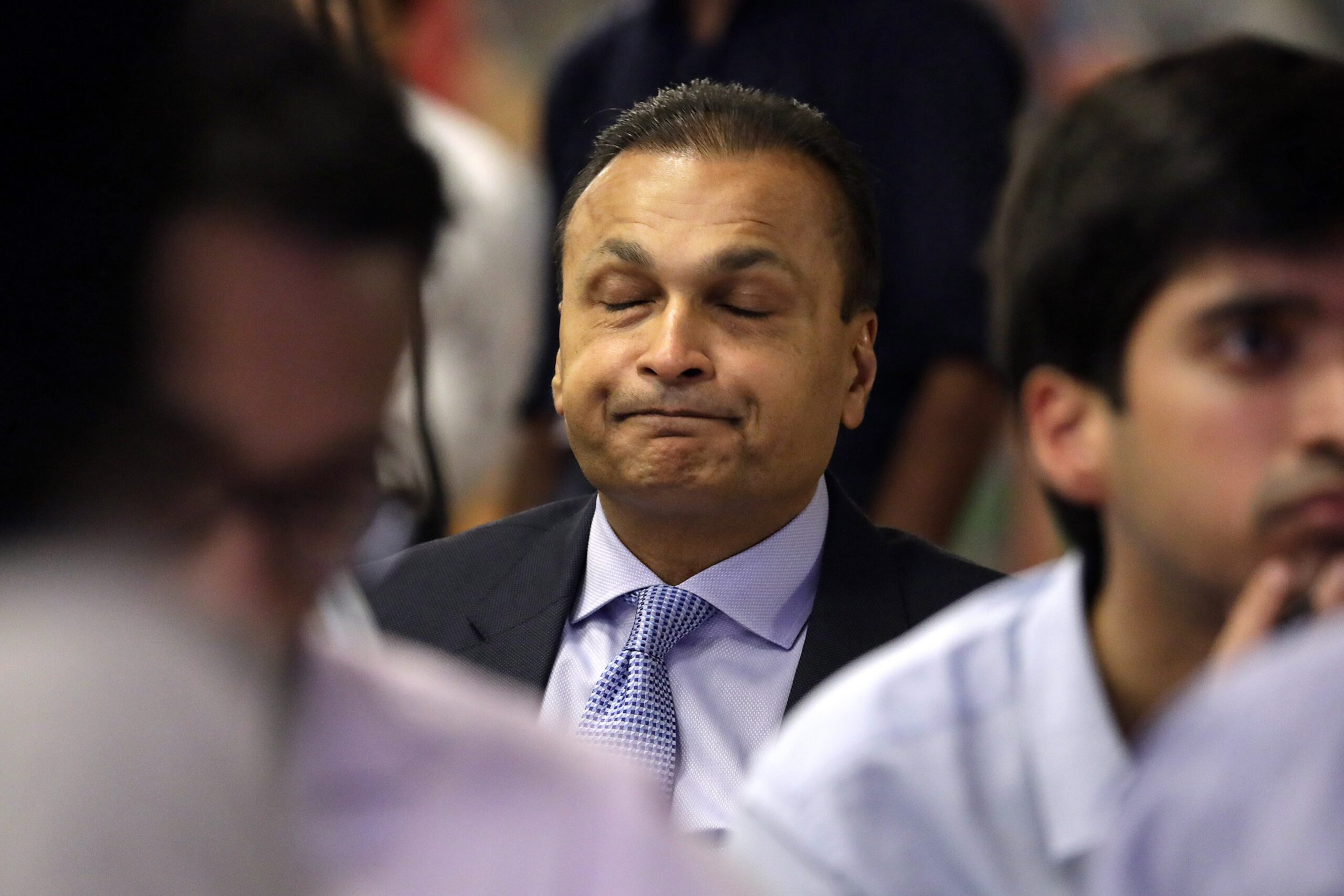
Anil Ambani’s cup of woes runneth over. He has been summoned to face officers of the enforcement directorate today as part of an investigation into allegations that some of his companies secured loans through fraudulent means. These date back to actions taken between 2017 and 2019.
Last week officials from the government investigative agency searched 35 locations, looking into 50 firms that they believe are intertwined and complicit in the alleged fraud. The loans were obtained from Yes Bank. On Friday, the enforcement directorate made its first arrest in the case: Partha Sarathi Biswal, the managing director of Biswal Tradelink Pvt Ltd, on suspicion of submitting fake guarantees for the loan. Overall, the case claims that loans worth Rs30bn ($350mn) were taken on the basis of false documents.
In an email response, a spokesperson for Anil Ambani-led Reliance Group said its finance units had in fact extended loans to “certain private companies” associated with the promoter of Yes Bank. “These loans were sanctioned on merit, following due process, and were duly approved by a professional credit committee,” the spokesperson added. The company did not address the agency’s other allegations, saying they were sub judice.
This is the latest in a series of regulatory actions faced by Anil, the younger brother of Mukesh Ambani, India’s richest man. Last year, the stock market regulator banned Anil Ambani from the market for a period of five years for diverting funds from another of his companies, Reliance Home Finance Limited. In June this year, public sector lender State Bank of India reported Reliance Communications’ Rs315bn loan as fraud to the RBI and named Anil Ambani as the director of the company in its notice. The bank said the loan was not used for the purpose for which it was taken and some transactions do not appear to be genuine or conducted in the normal course of business. The Reliance Group spokesperson said SBI’s action did not comply with “the principles of natural justice”, and added that Anil Ambani has not been a director of Reliance Communications since 2019.
The younger Ambani’s businesses and finances appear to be endless rabbit holes, and it is difficult to separate the threads or clearly understand the flow of funds. His empire’s legal troubles are similarly complicated, with multiple regulators and investigators looking into various aspects of its operations. Anil Ambani himself has, over the years, stepped away from the spotlight. But he continues to run companies in various sectors, including defence, in which he has recently secured a big contract to manufacture Falcon jets in a joint venture with the French aerospace company, Dassault Aviation.
It is impossible to accurately predict the results of the current investigations, though that has not stopped hardworking social media sleuths. But is this the end of the road for Anil Ambani? I wouldn’t bet on it.
Do you have a theory about what’s going on with Anil Ambani? Hit reply or email me at indiabrief@ft.com
Go figure
The US government’s decision to impose 25 per cent tariffs on India has put pressure on the rupee. There will be some clarity on Wednesday once the RBI’s rate-setting meeting concludes. Here’s a look at how the currency started this week.
Rs87.45
Opening rate for $1
Rs87.66
Closing rate for $1
1.2%
Tariff impact
My mantra
“I measure productivity on any given day by how happy my clients are with the advice I’m giving. It’s a feeling, not a figure.”
Devarajan Nambakam, co-head, India investment banking, Goldman Sachs
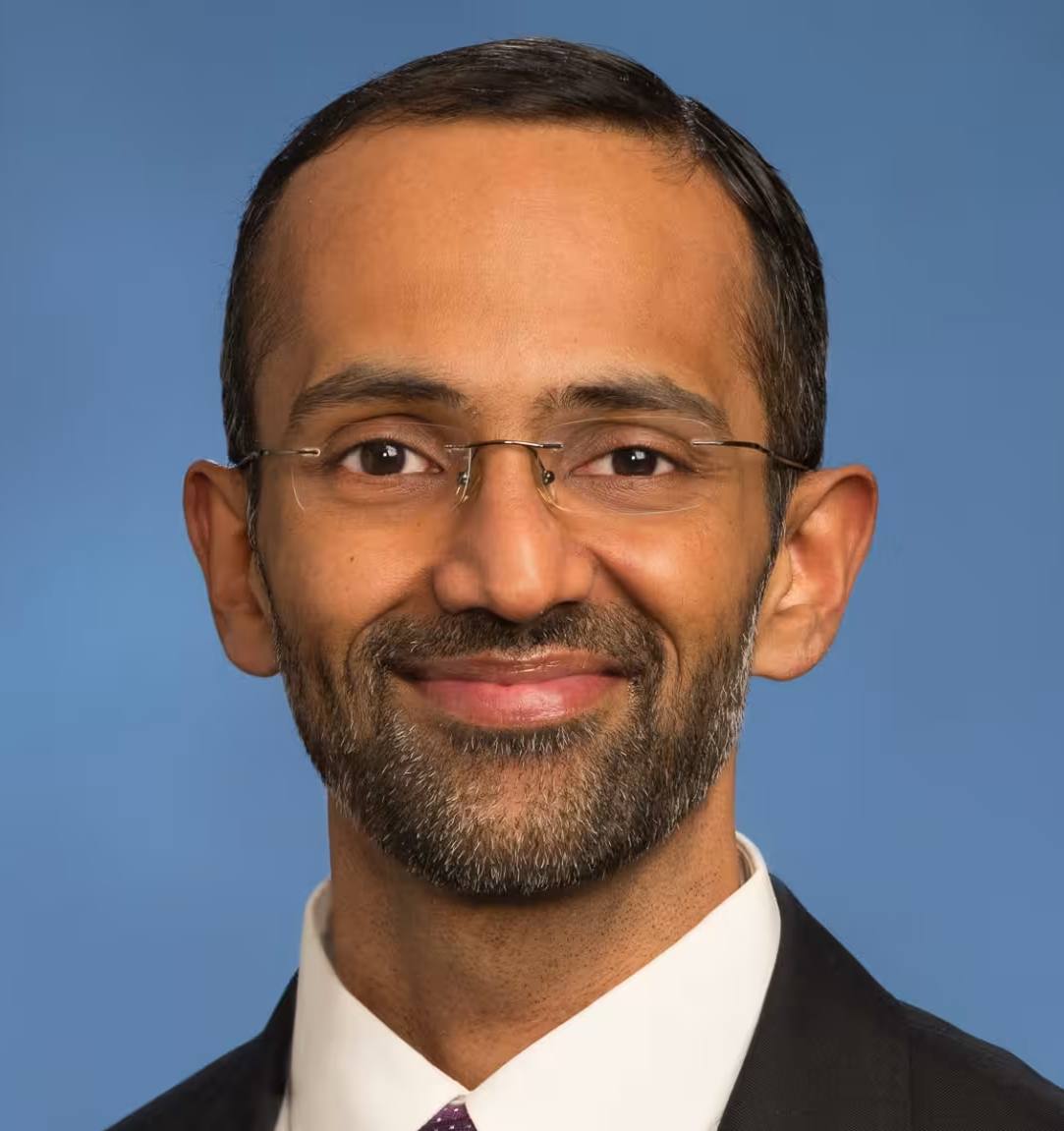
Each week, we invite a successful business leader to tell us their mantra for work and life. Want to know what your boss is thinking? Nominate them by replying to indiabrief@ft.com
Quick question
What do you think the RBI will do with interest rates this week? Tell us here.
Buzzer round
On Friday, guest quizmaster Aniruddha Dutta asked:
For the past few years, between August and December, the Reserve Bank of India has been using a televised event to promote financial literacy and awareness. Name the event.
The answer is . . . the television show Kaun Banega Crorepati.
Ram Teja, Yaman Singhania, Nitin Lall, and a few others answered RBI Kehta Hai. The quizmaster has declared these answers to be incorrect. (He’s tough, I’d give you all at least half a point!)
This was a hard one. I got it wrong too.
Thank you for reading. India Business Briefing is edited by Tee Zhuo. Please send feedback, suggestions (and gossip) to indiabrief@ft.com.
